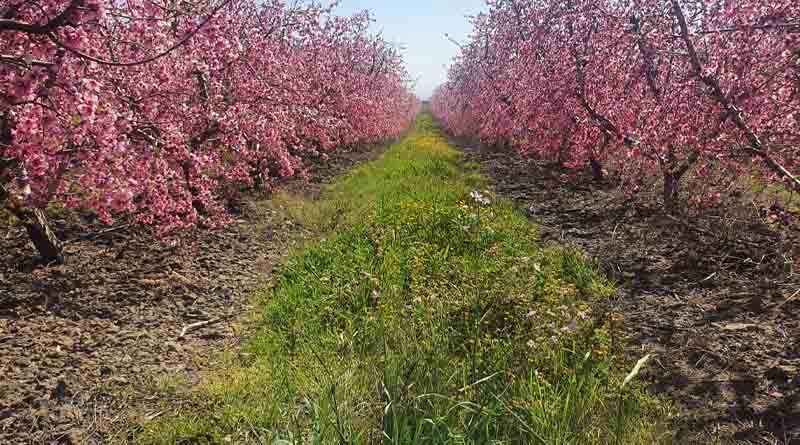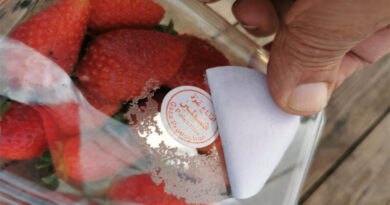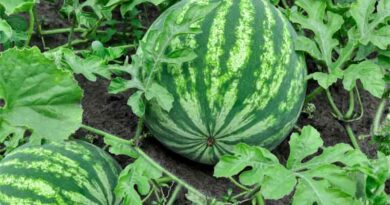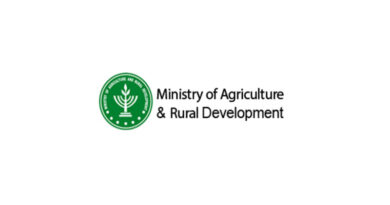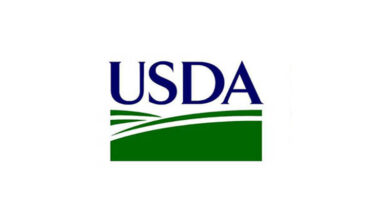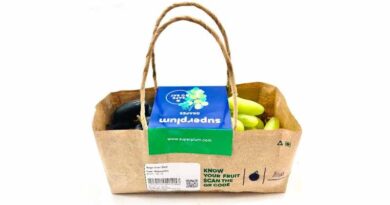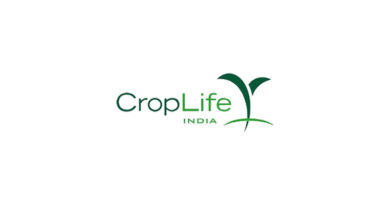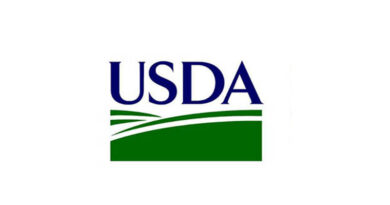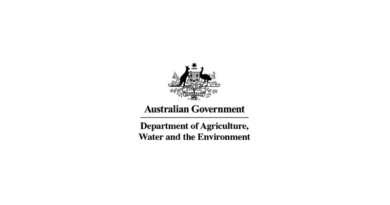Israel: Zero pesticide residues in the pilot program of the Ministry of Agriculture
20 March 2023, Israel: In light of the success of the pilot program that led to zero (!!) abnormalities of pesticide residues in a variety of fruits, the Ministry of Agriculture is launching the first regional model for environmental agriculture
The new model will cover approximately 32 thousand dunams in the north and south of the country and is expected to help generate insights regarding environmentally friendly work methods adapted to the reality of climate change, in a variety of topics:
Maintaining public health and reducing the use of pesticides in dealing with plant pests • Regional treatment of agricultural waste • Soil conservation and erosion prevention methods • Regional treatment of invasive species
The Ministry of Agriculture and Rural Development is launching an innovative program under which a regionally managed environmental agriculture model will be established for the first time. The model has been established in conjunction with agricultural organizations and the District Councils, with the aim of creating a comprehensive perspective in territorial continuity that will allow to examine a variety of parameters of sustainability in agriculture, in a variety of field conditions and crops. The innovative model was established following the success of the Plant Protection Services’ pilot program that tested the effectiveness of the treatment of a variety of plant protection pests through the association of a large number of farms in one large area cell and territorial continuity.
The data behind the pilot program is now being revealed, indicating the success of the regional method in promoting environmentally friendly pest control. Thus, from the data of the Ministry of Agriculture, it appears that the pilot program resulted in an 80% decrease in the amount of aerial spraying since 2018, and the replacement thereof with traps and pinpoint treatment as required. Meanwhile, in the pesticide samples taken as part of the pilot program, a continuous decrease in the amount of pesticide residues was observed. Thus, in 2018, 15 abnormalities were found out of 176 samples (11%) found in pomegranate, nectarine, apricot, grape and apple crops. As of 2022, this figure stands at 0 pesticide residues, thanks to the transition to biological methods (!).
Following the success of the pilot program, the Ministry of Agriculture is shifting up a gear, launching the first holistic regional model for environmental agriculture. The model will be established in the area of the Hula Valley and the Golan Heights in the north, and in Kidron and Bitzaron in the south, with a financial investment of approximately NIS 6.7 million, and a total area of approximately 32,000 dunams. As part of the model, several parameters for promoting sustainability in agriculture will be tested simultaneously for the first time. The parameters were carefully selected by an integrated think tank of the Plant Protection Services, the Training and Professional Service (TPS), the Soil Conservation and Drainage Division, and the Society for Agriculture in the Galilee and the Golan, and they represent environmental issues that will be handled in an optimal manner by a regional organization of all farmers in the sector, instead of each individual farmer on his land. Inter alia, methods will be examined to promote a controlled reduction of the use of pesticides, encouraging the use of environmentally friendly means and integrated pest control; Transitioning to the regional treatment of agricultural waste, promoting recycling and reducing the effects of burning clippings and the use of landfills; Encouraging the sowing of service vegetation between the rows of fruit tree plantations to improve and preserve the soil and to prevent the loss of the top and most fertile layers of soil; regional treatment of invasive species; stabilization of natural drainage channels; and encouraging biodiversity. In this manner, it will be possible to produce insights regarding the operation of environmentally friendly interfaces in a variety of topics, crops and field conditions at the same time, and to draw conclusions for all branches of agriculture in Israel.
Shlomit Tzioni, the Acting Director of Plant Protection and Inspection Services at the Ministry of Agriculture, stated: “The regional model for environmental agriculture is the next and necessary step, regional management has significant advantages and is the key to success in promoting sustainable agriculture based on data and informed decisions, which is innovation in agriculture. The regional model has proven itself in the pilot program with exceptional results for the farmer in dealing with plant protection issues, in maintaining public health and, no less economically important, it does not burden the farmers with additional expenses. The Ministry’s groundbreaking collaboration with regional agricultural organizations has proven to be a very effective tool for dealing with pests, while reducing the use of chemical substances andnow, with the addition of several strategic interests in a single, yet vast and diverse, spatial sector experiment, we are considering the expansion of regional management and the inclusion of several additional environmental parameters. The success of the model is of primary public interest, since thanks to it we will be able to develop tools that will help farmers better deal with the challenges of the climate crisis and promote environmentally friendly agriculture.”
The holistic regional model is established as part of a broad plan led by the Ministry of Agriculture to promote environmental and sustainable agriculture with a total investment of approximately NIS 40 million. Inter alia, the program encourages farmers to purchase dedicated storage and recycling facilities for types of waste (plastic, trimmings, animal waste, etc.), and to adopt alternative solutions to the polluting practice of burning trimmings.
Also Read: Tendovo soybean herbicide from Syngenta earns rave reviews during first season of use
(For Latest Agriculture News & Updates, follow Krishak Jagat on Google News)

